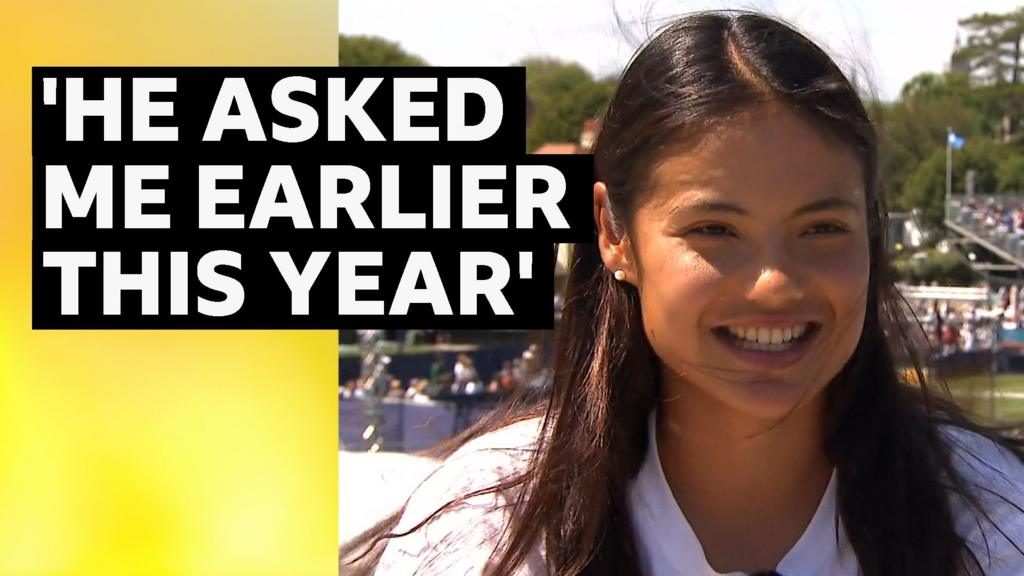Manchester's musical heritage celebrated in conference hosted at Manchester Met | Manchester Metropolitan University
University’s research highlighting the untold stories of Manchester’s cultural past and present showcased at the event
Manchester’s rich musical heritage and the untold stories from its cultural past and present were celebrated and debated at a conference held at Manchester Metropolitan University last week.
In the wake of the news that Manchester will host next year’s BRIT Awards alongside the upcoming Oasis gigs taking place in the city, all eyes are now on its music and cultural scene.
The two-day conference Neither Factory Records nor Madchester: Rethinking Manchester’s Musical and Subcultural Histories took place from June 19 – 20 at Manchester Met in collaboration with the University of Manchester.
More than 45 researchers and creative practitioners came together to examine Manchester’s music scene, exploring where it’s been and where it’s going, alongside revealing the less familiar stories around the subcultures, scenes, bands, people, and nightlife that fall outside the usual narrative of the city’s cultural past and present.
Manchester Met presented a range of innovative research including 20 Year Party People which documents Manchester’s vibrant party scene from 2002 to 2022, a period of evolution that reshaped the city’s musical landscape.
Through a series of 30 compelling photographs, Richard Kelly, Senior Lecturer in Fashion Image at Manchester Met’s Manchester Fashion Institute, explored the intimate yet transformative venues that generated diverse cultures, alongside fostering creativity and inclusivity.
Dr Danny Cookney, Senior Lecturer in Creative Digital Design at Manchester Met’s School of Digital Arts (SODA), interrogated the ways music is interlinked with the social conditions of where it is made and consumed by examining the 2000’s garage anthem Flowers by Manchester’s Sweet Female Attitude.
Markus Hetheier, PhD student at SODA, discussed the connection between Manchester’s electronic music and DIY culture, and how it can offer a safe space for the queer community to empower themselves through music. The DVRK Research Group presented research related to Manchester’s alternative sonic soundscapes.
One of the conference organisers, Professor Kirsty Fairclough, Research and Innovation lead at SODA, said: “Manchester’s musical legacy is globally recognised, yet what this conference highlighted so powerfully were the rich, diverse and often overlooked stories that continue to shape the city’s sonic identity. At Manchester Met, we are committed to surfacing these narratives through cutting-edge research and creative practice that connects music to place, memory and community. This event marked an important step in rethinking how we tell the story of Manchester’s cultural past and present.”
The event culminated with delegates visiting Jodrell Bank for an afternoon of sessions on Manchester’s musical history featuring researchers from University of Manchester.
This was followed by an in-conversation event with British DJ, founder of Soul || Soul and music producer Jazzie B and historian, presenter and BAFTA-winning filmmaker David Olusoga, rounded off with an exclusive DJ set from Jazzie B.
Manchester Met plays a key role in shaping the city’s music and cultural scene by harnessing imagination to drive innovation in creative practice, education and research.



:max_bytes(150000):strip_icc()/GettyImages-2162413734_social-9cb3942b8b4748d4acc3586e9b1f190d.jpg)








